And after Sisupala had ceased, Krishna addressing all the kings in the presence of the Pandavas, spoke these words in a soft voice.--'Ye kings, this wicked-minded one, who is the son of a daughter of the Satwata race, is a great enemy of us of the Satwata race; and though we never seek to injure him, he ever seeketh our evil. This wretch of cruel deeds, ye kings, hearing that we had gone to the city of Pragjyotisha, came and burnt Dwaraka, although he is the son of my father's sister. While king Bhoja was sporting on the Raivataka hill, this one fell upon the attendants of that king and slew and led away many of them in chains to his own city. Sinful in all his purpose, this wretch, in order to obstruct the sacrifice of my father, stole the sacrificial horse of the horse-sacrifice that had been let loose under the guard of armed men. Prompted by sinful motives, this one ravished the reluctant wife of the innocent Vabhru (Akrura) on her way from Dwaraka to the country of the Sauviras. This injurer of his maternal uncle, disguising himself in the attire of the king of Karusha, ravished also the innocent Bhadra, the princess of Visala, the intended bride of king Karusha. I have patiently borne all these sorrows for the sake of my father's sister. It is, however, very fortunate that all this hath occurred today in the presence of all the kings. Behold ye all today the hostility this one beareth towards me. And know ye also all that he hath done me at my back. For the excess of that pride in which he hath indulged in the presence of all these monarchs, he deserveth to be slain by me. I am ill able to pardon today the injuries that he hath done me. Desirous of speedy death, this fool had desired Rukmini. But the fool obtained her not, like a Sudra failing to obtain the audition of the Vedas."


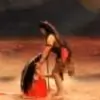

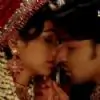


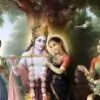



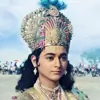






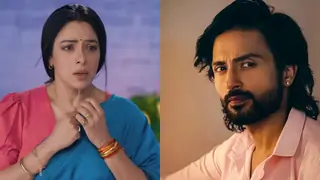










15